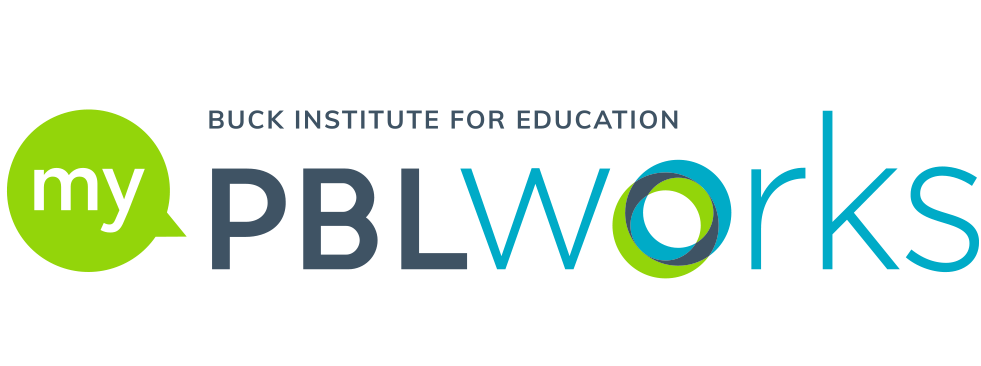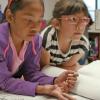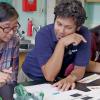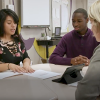248 Results
Resource: (Strategy Guides)
Using models of quality work is a powerful strategy for Gold Standard Project Based Learning.
Resource: (Teaching Practice Videos)
The Buck Institute has created this short video to help explain the Project Based Teaching Practices in our model for Gold Standard PBL.
Resource: (Strategy Guides)
Conversational artificial intelligence (AI), such as Claude.AI, Gemini, and ChatGPT, can support and enhance project planning through natural, dialogue-based input.
Resource: (Planning Tools)
Use this tool to plan for thoughtful collaboration with industry and community partners.
Resource: (Strategy Guides)
How to use project walls to manage and display student learning in the classroom.
Resource: (Strategy Guides)
Just as you encourage students to accept critique and revise their work, you should use critique processes to inform your revision of projects. This strategy guide offers guidance on how to request and use student feedback to refine your projects.
Resource: (Planning Tools)
Plan projects with Gold Standard PBL's Essential Project Design Elements.
Resource: (Project Videos)
PBLWorks Project Videos 2018: High School World History - Erin Brandvold, Impact Academy of Arts & Tech
Resource: (Planning Tools)
For quick evaluation of a project's design, to check for Gold Standard PBL's Essential Elements.
Resource: (Planning Tools)
This rubric describes beginning, developing, and Gold Standard levels for Project Based Teaching Practices.
Resource: (Articles)
This table shows some examples of how teachers used thinking routines in PBL units.
Resource: (Project Videos)
PBLWorks Project Videos 2018: Middle School ELA/History - Kimberly Head-Trotter, McKissack MS, TN.
Resource: (Project Videos)
PBLWorks Project Videos 2018: Grade 3 interdisciplinary - Cheryl Bautista, Katherine Smith ES
Resource: (Project Videos)
PBLWorks Project Videos 2018: High School Chemistry - Rayhan Ahmed, Leaders High School.
Resource: (Project Videos)
PBLWorks Project Videos 2018: High School Math - Telannia Norfar, Northwest Classen HS, OK
Resource: (Product Toolkit)
Event planning and hosting involve designing, organizing, and holding a gathering or activity for a specific audience and purpose. Events can range from small, focused workshops to larger-scale exhibitions, performances, or community celebrations.
Resource: (Student Handouts)
Explains PBL, details the project, addresses assessment issues, and informs parents how to help.


















